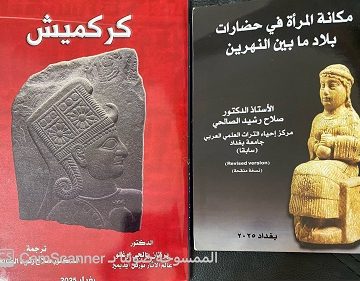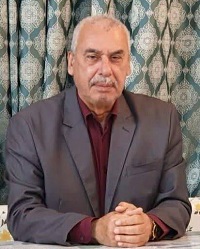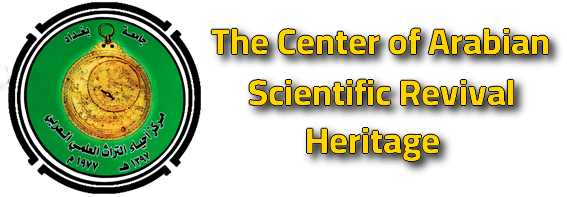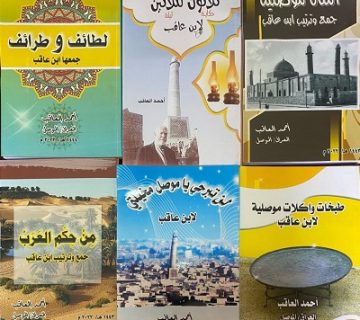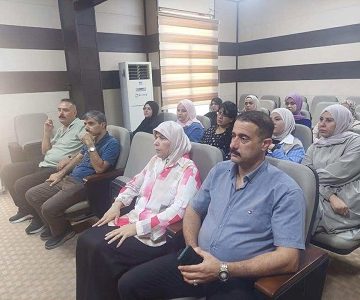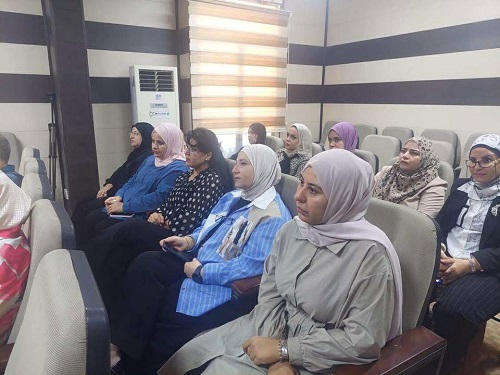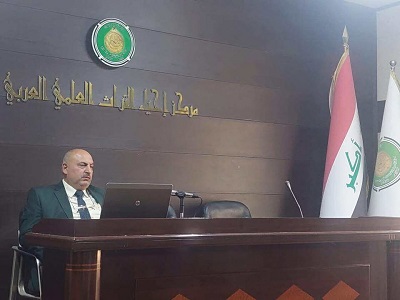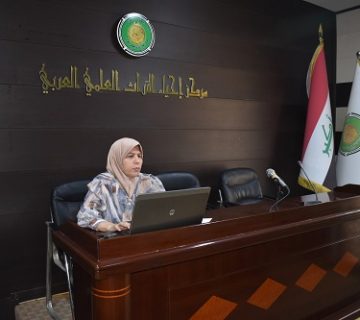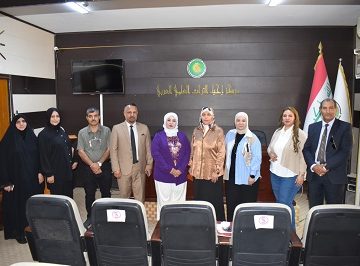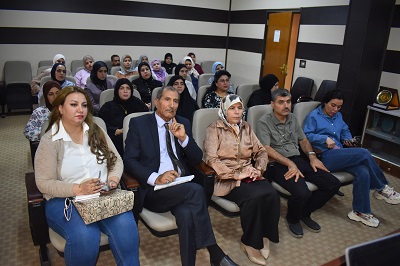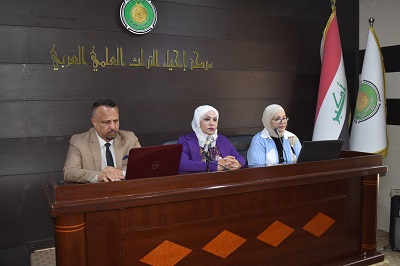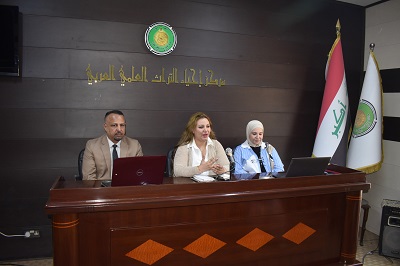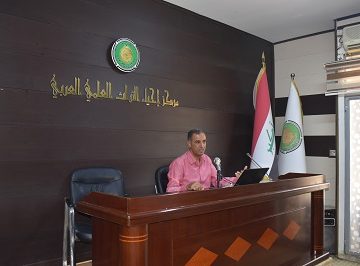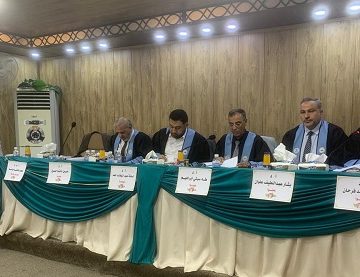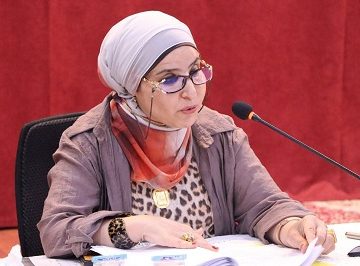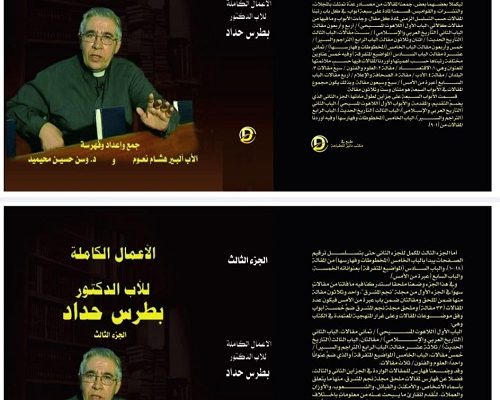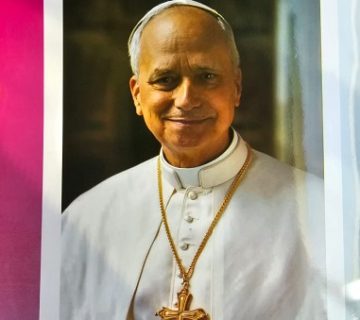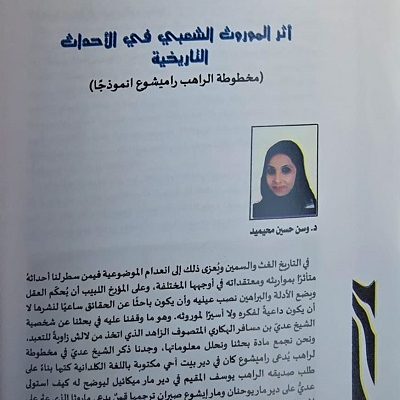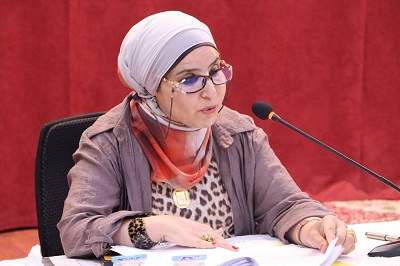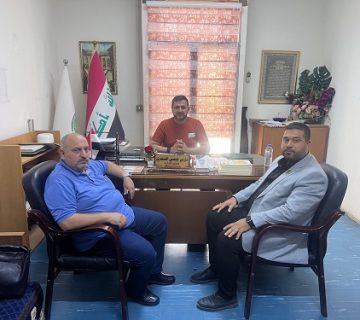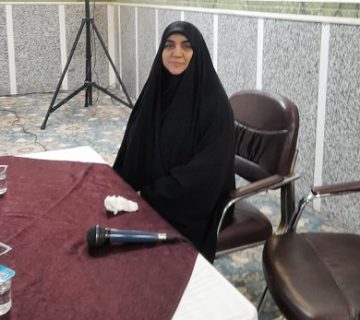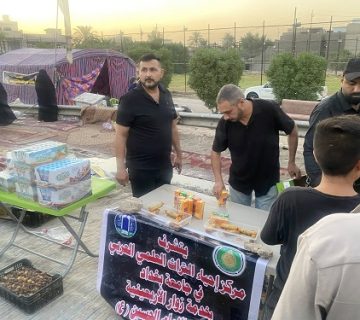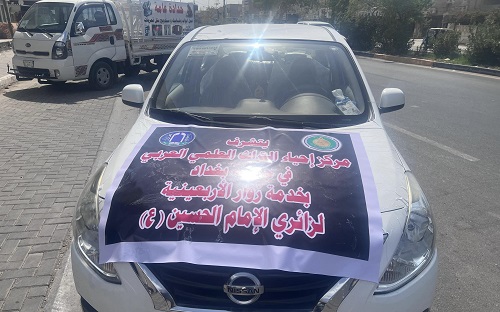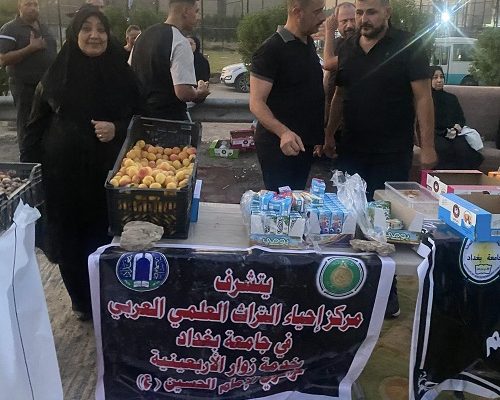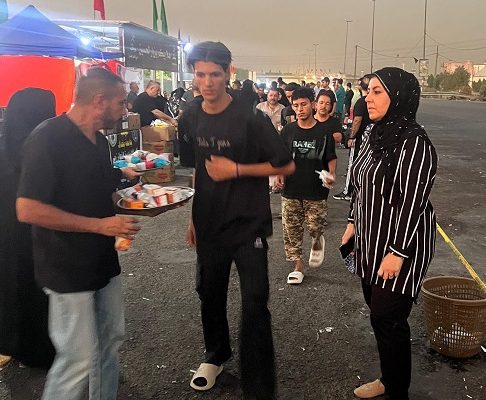Under the supervision of Prof. Dr. Laith Majid Hussein, Director of the Center for the Revival of Arab Scientific Heritage at the University of Baghdad, the Baghdad Documentation Department of the Center organized a workshop on Wednesday, September 10, 2025, in the Nabīlah ʿAbd al-Munʿim Dāwūd Hall. The event was attended by a number of academics and researchers, it was entitled “Parapsychology between Heritage and Modernity.”
The session was chaired by Assistant Professor Dr. Bashair Mawlood Tawfiq, a faculty member at our Center, while the lecture was delivered by Assistant Professor Dr. Jabbar Frih Shuraydah from the Center for Psychological Research, University of Baghdad. He spoke about parapsychology — also known as the hidden science of thought and human behavior beyond the traditional senses — as a fascinating field that bridges cultural heritage and contemporary experiences. Throughout history, humanity has been intrigued by mysterious and unexplained phenomena such as telepathy, clairvoyance, and psychokinesis. These were often addressed in popular beliefs and ancient philosophies and were frequently linked to spiritual and religious practices, giving them profound spiritual and social dimensions.
Iraq has a history with this field: the first master’s thesis in parapsychology was completed in 1991, followed by the establishment of postgraduate studies during the years of harsh sanctions, from which many graduates obtained advanced degrees.
Dr. Julān Hussein Khalil, a faculty member at the Center for Psychological Research, University of Baghdad, added that parapsychology — also known as the science of energy or the study of the paranormal — encompasses all extraordinary human abilities. Globally, these abilities are categorized into three main types, which have been tested in many international laboratories: telepathy, precognition, and clairvoyance. With the advancement of modern sciences, researchers have begun to study these phenomena in a more systematic and precise way, using modern scientific tools and experimental techniques to evaluate the validity of parapsychological experiments and to understand their possible mechanisms
Dr. ʿAtāʾ Mustafa ʿAbd al-Karim, a faculty member at the Al-Mustansiriyah University / Presidency of the University, emphasized that studying parapsychology between heritage and modernity provides a unique opportunity to understand the relationship between humans and their unseen world. It also highlights how traditional knowledge can be integrated with modern scientific research in exploring the mysteries of the human mind and consciousness. She noted the importance of this science in understanding the dynamics of gaining and losing positive and negative energies, the polarity of male and female, and the study of parapsychological interactions between any two persons or objects, along with methods of dealing with them.
The workshop also shed light on the founding of the Parapsychology Association, which brings together a group of faculty members, researchers, and enthusiasts in this field of extrasensory abilities. The association has been active in conducting various activities, research, and experiments carried out by individuals with such abilities.
The workshop included several discussions and interventions on the subject. At the conclusion, the Center’s administration expressed gratitude to the researchers and wished them continued success in their scientific endeavors.
